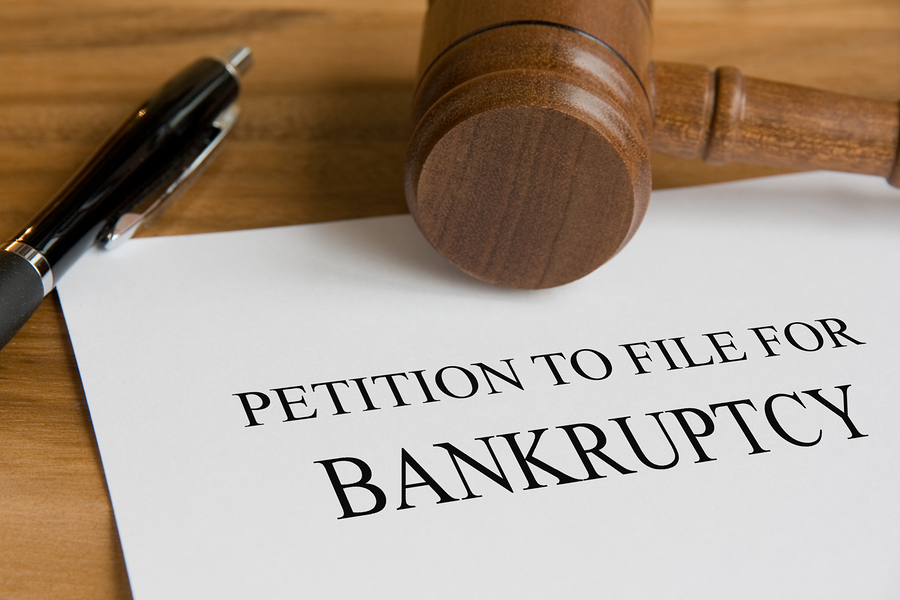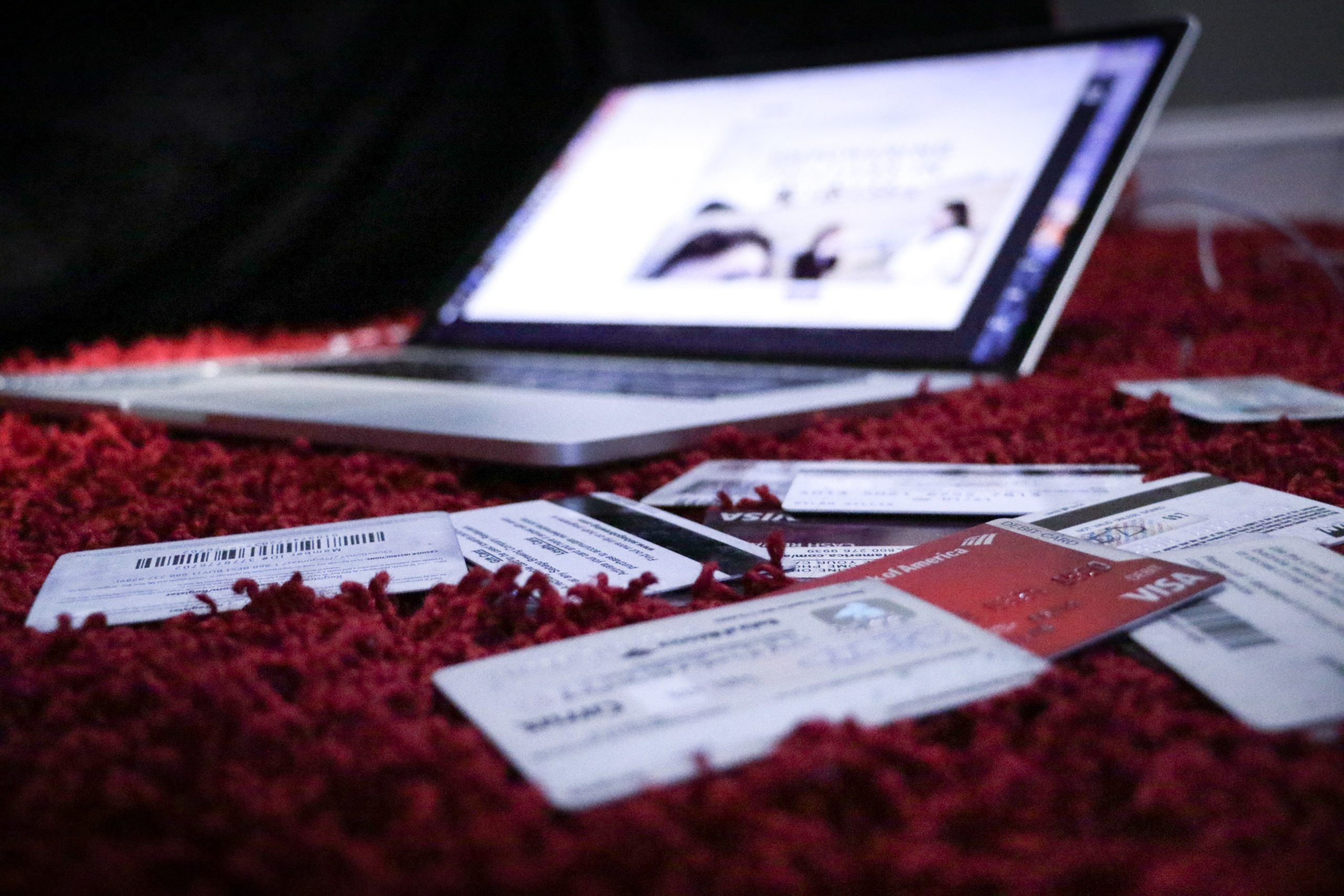Can You Keep Your House with Chapter 13 Bankruptcy in Pennsylvania?
Many potential bankruptcy filers are, at first, quite hesitant to file a bankruptcy, mostly out of fear that they may lose their home and other assets. While the concern is quite legitimate and, in some cases, even a real possibility, it is a question that we are usually able to answer before a person even comes into the office. Our bankruptcy lawyers have years of experience representing and guiding Pennsylvania residents for Chapter 13 bankruptcy. For a free consultation with a Bucks County bankruptcy attorney at Young, Marr, Mallis & Associates, call (215) 701-6519 today. First, let’s look at a few reasons why a person considering bankruptcy would be at risk to lose their home in Pennsylvania.
Mortgage Foreclosures and Chapter 13 Bankruptcy in Pennsylvania
The most common issue potential filers are dealing with is ongoing foreclosure action brought by their mortgage company. In Pennsylvania, most mortgage companies will begin the mortgage foreclosure process after a homeowner falls three or more months behind on their mortgage payments. Once this happens, the mortgage company will usually stop accepting payments, unless the homeowner can pay the full past due amount owed, usually called the loan reinstatement amount. This can also include any interest, penalties, and legal fees that have been incurred by the mortgage company, and the number can climb quickly.
The mortgage company will then file an actual lawsuit with the local court where the property is located, requesting a court order to transfer the deed out of the homeowner’s name. The process to obtain this court order will take a few months, but is ultimately completed at a sheriff sale. At a sheriff sale, the mortgage company has been able to show the court that because mortgage payments haven’t been made, they should be allowed to auction off the property at a public auction, and that’s exactly what they try to do. Should your home be sold at a sheriff sale, a sheriff’s deed is used to transfer the ownership of the home out of your name and into the buyer’s name, or in a lot of cases, transfer the ownership interest in the property to the mortgage company. However, this process can be stopped altogether, just by filing a bankruptcy case.
What is the Automatic Stay in Chapter 13 Bankruptcy?
Filing a bankruptcy, especially a chapter 13 bankruptcy, will grant the filer protection from their creditors, which is called the Automatic Stay of bankruptcy. This protection is powerful enough to stop court action, including the foreclosure, at just about every stage prior to a sheriff sale date. Once a person files a Chapter 13 case, they will then set up a chapter 13 payment plan, which allows them to pay back their past due mortgage payments over a three or five year period, rather than having to come up with the full loan reinstatement amount as described above. This allows a person to keep their home while filing a Chapter 13 case.
Risks for Homeowners Facing Foreclosure in Pennsylvania
Homes are at risk by more than just mortgage companies. Other creditors can bring lawsuits and if they are successful in obtaining judgments against a homeowner, that judgment allows them to attach a “judicial lien” against any property the homeowner has. If there is any equity in the home, this essentially converts an unsecured debt to a secured debt, meaning the creditor now has some additional rights, including the right to foreclose on the property. While it may be unlikely for a credit card company that is owed a small balance to front the costs and go through the process of filing for foreclosure, it is still an option they have available. However, not only would they have to pay the costs of bringing the foreclosure action, they would also have to pay any other liens that are attached to the property ahead of them. This can include tax liens, but most commonly refers to first or sometimes second mortgage loans. However, filing a bankruptcy can stop such a creditor from being able to proceed. Filing a bankruptcy before any unsecured creditors actually obtain a judgment against you is even better, as now there is not a lien attached to the property, meaning one less issue to worry about in your filing process.
Another concern brought up by potential filers is the fear of losing their home due to its status as an asset, and one that is potentially worth enough to pay back their unsecured debt, such as credit cards and personal loans. This occurs when a person has a large amount of home equity, or when their home is worth a lot more than what they owe on it. Assets are a big part of all bankruptcy cases, and sometimes, assets can be sold at an auction much that that of a sheriff sale, with the proceeds of the sale being used to pay creditors that a filer owes. However, this primarily occurs in Chapter 7 bankruptcy cases, where a person turns over their assets that exceed what they are allowed to keep, and the court to then “liquidates” the assets by selling some or all of the property to pay creditors. To avoid losing your home or any other property, a debtor can alternately file a Chapter 13 bankruptcy, but they will be required to pay back creditors that would have been paid from the sale of the assets in a Chapter 7 case.
Mortgage Repayment Plans with Chapter 13 Bankruptcy
If a person owns a home that’s worth $175,000 and it is paid off in full, they have home equity of $175,000. Let’s say that person also owes about $25,000 in credit card debt. If that person decided to file a Chapter 7 case, they would have to surrender their home as an asset to the bankruptcy court. It would then be sold, and the proceeds would be used to pay back all $25,000 in credit card debt. Any funds left over from the sale would then be returned to the former homeowner. However, if that same person instead files a Chapter 13 bankruptcy case, they can keep their home. But, because all $25,000 would have been paid in a Chapter 7 case, the filer would still have to pay all $25,000 back in a Chapter 13 case as well.
Rather than having to sell their home to do so, they will have a three- or five-year repayment plan to pay back all the debt. This allows the homeowner to keep their property and other assets, while still benefiting for a number of reasons. First, interest will stop accruing on all unsecured debt that gets paid in the plan. Second, unsecured creditors only have a certain amount of time to come forward in the bankruptcy case to demand payment. If they fail to do so by the deadline provided by the court, they don’t get paid back. Third, this presents an opportunity for the filer to possibly object to any debts that are no longer valid, such as debts that have existed for so long that the statute of limitations has run out and the creditors can no longer collect the debt through legal action. These types of events often occur, and a filer will usually pay less through a Chapter 13 bankruptcy than they would if they addressed each creditor on their own.
The major downside to choosing this route is that sometimes, while a person may have so much equity that they have to pay back all their debts, they simply may not have the income to do so. As you may have read, often times the chapter 13 repayment plan is the result of a calculation of disposable income a filer has. If there is income available for creditors, that income must be used to pay the creditors. However, when the issue is instead assets, it does not matter if the person has the income available to make the payment. From the bankruptcy trustee’s perspective, this makes sense, because the trustee could suggest that instead of trying to repay an unaffordable plan payment, the filer could just opt for a Chapter 7 case, sell their home, and pay their debts that way. In a case where a person has significant home equity while also having little income, a bankruptcy may not be a feasible solution to dealing with unsecured creditors, while also keeping your home.
Call Our Pennsylvania Bankruptcy Attorneys Today
Ensuring your home and other property is protected in a bankruptcy case is imperative to a successful filing. It is important to discuss your assets and other property, as well as your ultimate financial goals with an experienced attorney that can ensure you are making the best possible decision in protecting yourself and your home. The Philadelphia bankruptcy lawyers at Young, Marr, Mallis & Associates offer free consultations for those struggling with bankruptcy filings in Pennsyvlania. Call today at (215) 701-6519.






























